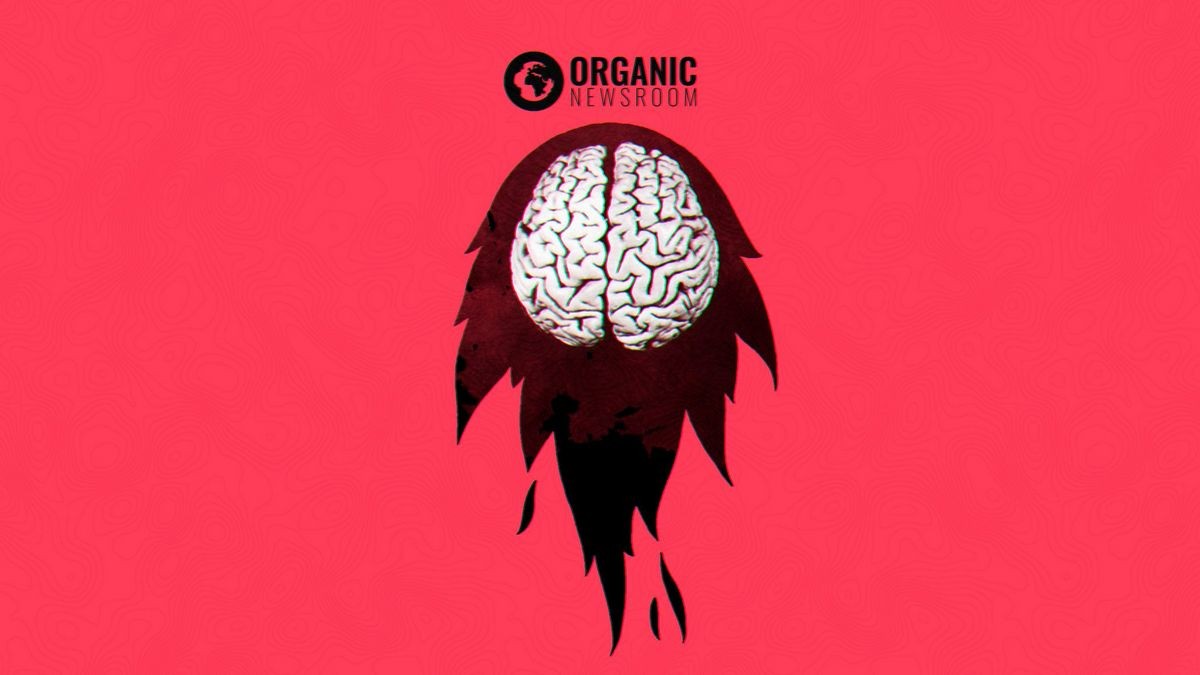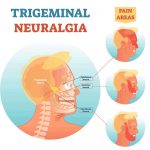
Contents
piracetam
Piracetam is a member of the racetam family of synthetic compounds, used as a cognitive enhancer to boost cognition and memory in conditions such as dementia, Alzheimer’s disease, and myoclonus, a condition causing muscle spasms and other neurological conditions. Piracetam is a smart drug, classified as nootropics, substances believed to enhance brain performance.
Piracetam is a derivative of gamma-aminobutyric acid (GABA), the inhibitory neurotransmitter in the brain. It is not fully understood how piracetam works. Piracetam is believed to affect the central nervous system and the vascular system. It may have neuroprotective and anticonvulsant properties and improve the brain’s adaptability to form new neural connections (neuroplasticity) to compensate for injury and disease. Some properties of piracetam may include:
- Improving acetylcholine function, a neurotransmitter important for memory processes
- Affecting NMDA glutamate receptors on nerve cell membranes, involved in learning and memory formation
- Enhancing energy metabolism and oxygen utilization in the brain
- Increasing cell membrane permeability and neurotransmission
- Facilitating red blood cells’ ability to change shape, aiding their movement through blood vessels
- Reducing adhesion of red blood cells to blood vessel walls, improving blood circulation in small vessels
Suggested uses of piracetam include:
- Alzheimer’s disease
- Dementia
- Memory dysfunction
- Myoclonus (brief, involuntary muscle twitches)
- Neurodegeneration from alcoholism
- Raynaud’s phenomenon (poor circulation in the extremities)
- Deep vein thrombosis (DVT)
- Stroke
- Sickle cell anemia
- Cardiovascular surgery
- Tardive dyskinesia (drug-induced movement disorder)
- Dyslexia (learning disorder)
- Vertigo
In the United States, piracetam is not approved by the FDA and is classified as a new unapproved drug, as it is not recognized as safe and effective for the labeled uses. Piracetam failed to meet the definition of a dietary supplement and is not permitted by the FDA to be sold as one. However, it is available in the US in some supplements. In certain European countries and Japan, piracetam is approved as a prescription drug for myoclonus, dementia, and cognitive impairment.
The FDA has warned many companies illegally producing and selling piracetam, stating that cognitive enhancement supplements “may be ineffective, unsafe, and could prevent a person from seeking an appropriate diagnosis and treatment.” A Cochrane study in 2004 concluded that piracetam may enhance memory and other intellectual functions, but published evidence does not support its use in treating dementia or cognitive impairment.
Warnings
- Do not take piracetam or supplements containing piracetam if you have impaired liver or kidney function, are pregnant or breastfeeding, have a tendency to bleed or bruise easily (hemorrhagic diathesis), are elderly, or have any bleeding disorder.
Side effects of piracetam
Common side effects of piracetam include hyperactivity and muscle spasm (hyperkinesia), drowsiness (somnolence), sleeplessness (insomnia), nervousness, depression, weakness and lack of energy (asthenia), weight gain, diarrhea, abdominal pain, and rash.
This is not a complete list of all side effects or adverse reactions that may occur from the use of this drug.
Call your doctor for medical advice about serious side effects or adverse reactions. You may also report side effects or health problems to the FDA at 1-800-FDA-1088.
QUESTION
What are the dosages of piracetam?
There is no established dose of piracetam for use in the U.S., as the drug is unapproved by the FDA. The following doses have been used in research:
- 12 grams intravenous (IV) injection as a single dose
- 12 grams IV daily from the day before surgery to 6 days after surgery.
- 2 grams orally daily for 6 weeks, starting on day 6 after surgery
Seizure disorder
- 9.6-24 grams daily for up to 18 months
- 8-24 grams IV daily
- 2.4 grams orally twice daily for 4 weeks
- 1-2 grams IV as a single dose.
- 800 mg three times daily for 1-8 weeks.
Pediatric:
Children younger than 16 years old
The following doses have been used in research:
Breath-holding attacks
- Children 6-36 months of age: 40 mg/kg daily for 2-3 months
- Children 7-14 years of age: 3.3 grams daily for at least 12 weeks
Overdose
- Piracetam overdose is rare and reported symptoms include abdominal pain and diarrhea.
- Overdosage may be treated by eliminating unabsorbed drug in the stomach through induced vomiting or gastric lavage.
- There is no known antidote for piracetam. Overdose may be managed with symptomatic and supportive therapy.
Drug interactions with piracetam
Inform your doctor of all medications you are currently taking to check for possible interactions. Do not start, stop, or change the dosage of any medication without your doctor’s recommendation.
- Piracetam has no known severe or serious interactions with other drugs.
- Moderate interactions of piracetam include: cilostazol, clopidogrel, dipyridamole, eptifibatide, prasugrel, ticlopidine, tirofiban, levothyroxine, liothyronine, and thyroid desiccated.
The above drug interactions are not all of the possible interactions or adverse effects. For more information, use the RxList Drug Interaction Checker.
Always inform your doctor, pharmacist, or healthcare provider about all prescription and over-the-counter medications you use, including the dosage for each. Keep a list of this information. Consult your doctor or healthcare provider if you have any questions about your medication.
Pregnancy and breastfeeding
- Do not take piracetam if you are pregnant or breastfeeding, as its efficacy and safety are not established.
Other important information about piracetam
- Insufficient research on piracetam’s efficacy and safety exists. It is not recognized as safe and effective (GRAS) for the labeled uses, so its use should be avoided.
- In the U.S., piracetam is neither approved as a drug nor as a dietary supplement, though it is available in many dietary supplements.
- Dietary supplements do not require pre-marketing approvals from the FDA, so there may be discrepancies between the labeling and the actual ingredients and their amounts. Exercise caution.
- Many companies illegally producing and selling piracetam have been warned by the FDA.
Summary
Piracetam is a nootropic medication used to improve cognition and memory in conditions such as dementia, Alzheimer’s disease, and myoclonus. In the United States, the FDA does not approve piracetam, classifying it as a new unapproved drug. Common side effects of piracetam include hyperactivity, muscle spasm, drowsiness, sleeplessness, nervousness, depression, weakness, weight gain, diarrhea, abdominal pain, and rash. Do not take piracetam if you are pregnant or breastfeeding.


